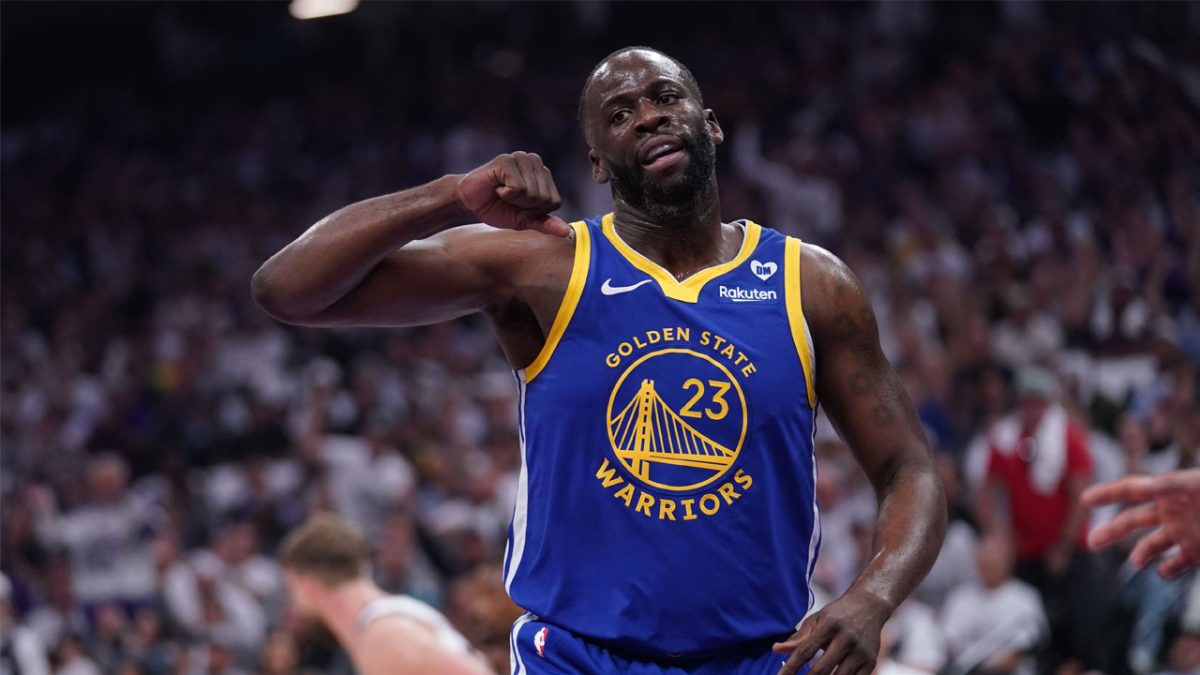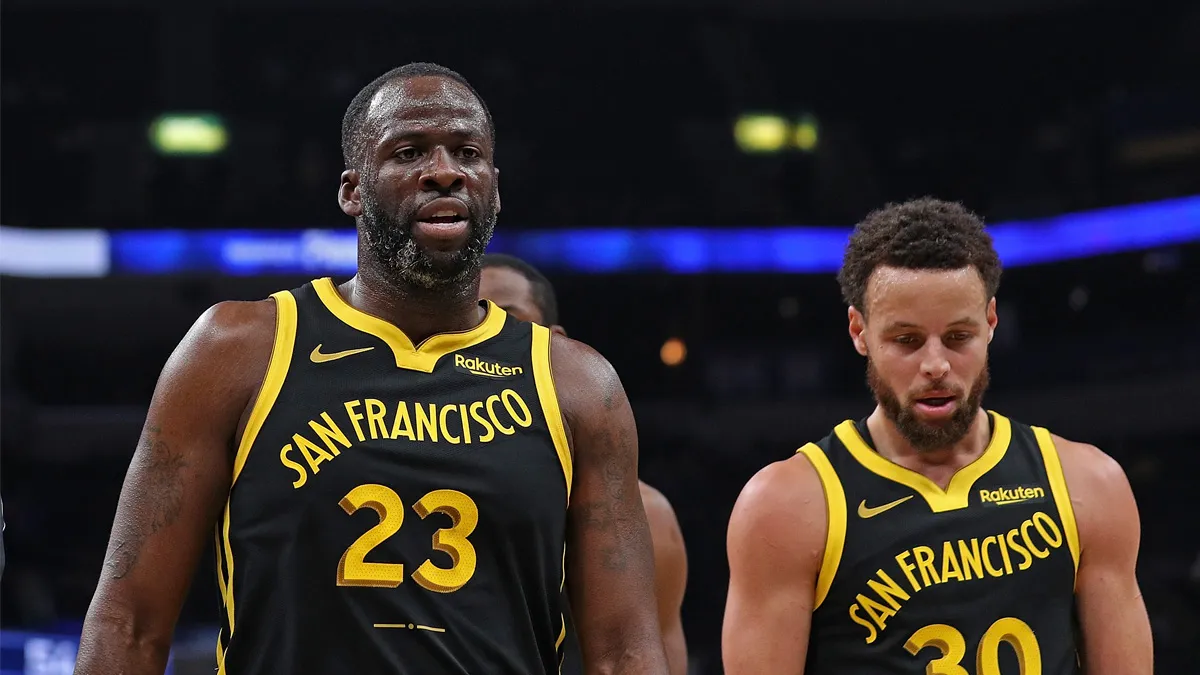In the days after four American jets were hijacked and used as suicide bombs, much of the national reaction was irrational, including the president going to war against an uninvolved country and citizens assaulting citizens for no reason other than the tint of their skin.
The Sept. 11 attacks occurred exactly 19 years ago, changing the way we travel and the framing of political issues while also initiating a spasm of new-age jingoism, with religion at its core.
It was a particularly dangerous time for brown people, who quickly were subjected to verbal and physical confrontations, some of which were lethal.
Stay in the game with the latest updates on your beloved Bay Area and California sports teams! Sign up here for our All Access Daily newsletter.
For someone like Sacramento Kings co-owner and chairman Vivek Ranadivé, a native of India, there was a detectable sense of concern, even danger. That his memories have not faded is apparent in his appearance as a panelist on “Race in America: A Candid Conversation,” seen Friday night on NBC Sports Bay Area and NBC Sports Northwest.
“I had a goatee in those days ... and some people, in addition to the color of my skin and how I looked, they assumed I was Arab or Muslim,” Ranadivé recalls. “Of course, this shouldn’t have happened even if I was Arab. But they would sometimes make comments to me like, ‘Look at what you people have done.’”
Ranadivé’s “people” were in no way related to the events that killed 2,977 people and left more than 6,000 others with chronic illnesses that left them disabled or directly led to their deaths.
That did not stop a few triggered Americans from resorting to misguided vigilantism. The Department of Justice in the following weeks documented hundreds of incidents of hatred directed at Muslims, Hindus, Sikhs and Middle Easterners.
NBA
The first and most notable incident occurred four days after the terrorist attack, when an Arizona man named Frank Roque left a Mesa sports bar, hopped into his Chevy truck, pulled into a nearby gas station and shot owner Balbir Singh Sodhi five times -- in the back -- killing him. This was a few days after Roque reportedly told a restaurant waiter he was going to shoot some “towel heads.”
Sodhi, a practicing Sikh, was wearing a turban. He had a full beard. He was planting flowers at the time of his death.
His appearance alone was enough to fuel deadly rage from a man who left the scene with the intent to shoot others based on similar appearance.
“It highlighted that no matter what you did or how high you were or how far you’ve came, that you look different,” Ranadivé says.
In the years since 9/11, many similar hate crimes have made the same statement, that skin color and choice of clothing is enough to trigger violence in some who consider themselves “real” Americans. It’s a tradition that has spanned the color spectrum, as well as the full range of nationalities and ethnicities.
Consider that the COVID-19 pandemic, often associated with China, has spurred a spike in violence against Asian Americans. Silly but true.
Ranadivé, whose group purchased the Kings seven years ago, is a leader among team owners in addressing systemic racism. The team is active in civic issues, three being voting rights, police misconduct and mass incarceration. One of two men of color to run an NBA franchise, with Michael Jordan the other, Ranadivé’s willingness to engage began forming in childhood.
“When I was a little boy, I woke up one morning and opened the Times of India, and on the cover was a picture of my father sitting on a little stool, in a jail cell,” he recalls. “He was put in jail for speaking his mind. So, that image is etched into my soul. He was put in jail for speaking his mind. You can never forget something like that.”
With his father, Yeshwant Ranadivé, as an airline pilot, the family had an upper-middle-class lifestyle in the Mumbai (Bombay at the time) suburb of Juhu Beach. Yet Vivek arrived in America in the 1970s with little money. What he had plenty of was ambition and confidence.
He earned an MBA from Harvard in 1983 and spent the next 30 years founding software companies and investment firms. He’s an American who stands with his hand over his heart during the national anthem. He does not insist you do the same.
RELATED: Azubuike reacts to NBA boycott, says players are 'fed up'
Ranadivé, 62, also believes justice and equality should be available to all, and that the Sept. 11 attack surely stirred anger, but might have opened more hearts.
“I felt really bad for those people who had Muslim last names or looked like they came from the Middle East, and how society was treating them,” Ranadivé says. “I was not treated that badly, but I saw that other people were being treated badly. And that made me very sad. These were people that were incredible citizens and had made complete contributions to the country. And our richness is our diversity.”
Nineteen years after 9/11, with social activism reactivated by conspicuous racism and a polarizing political climate, Ranadivé’s fondest wish, along with a few more wins for the Kings, is that more people see America as he does.


